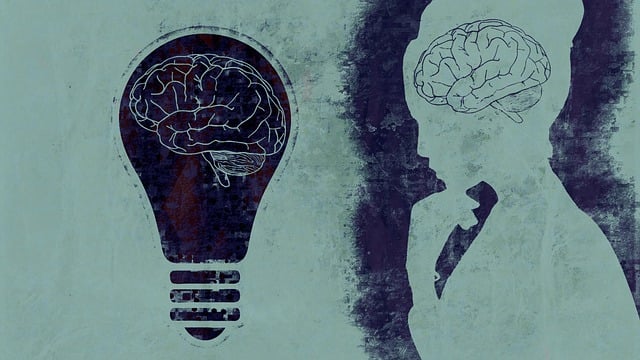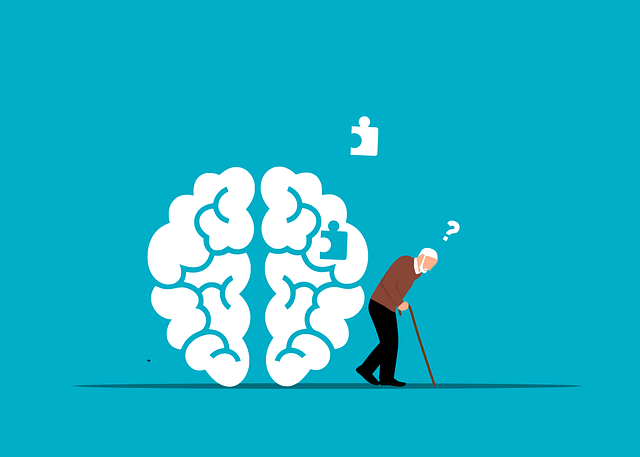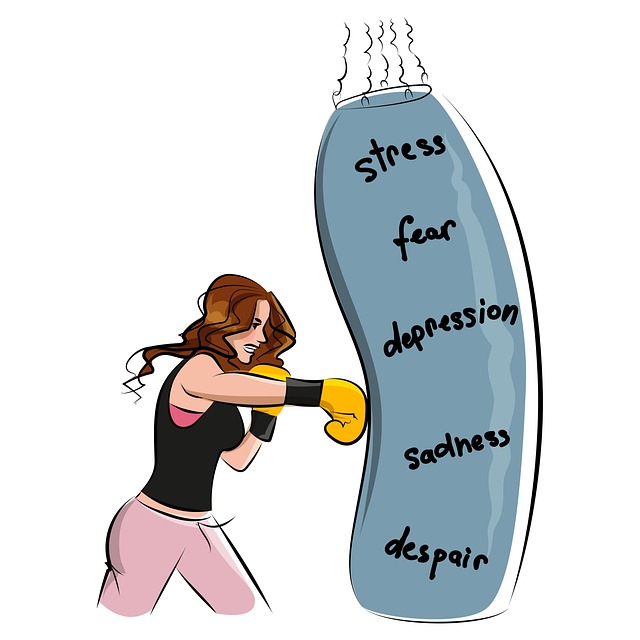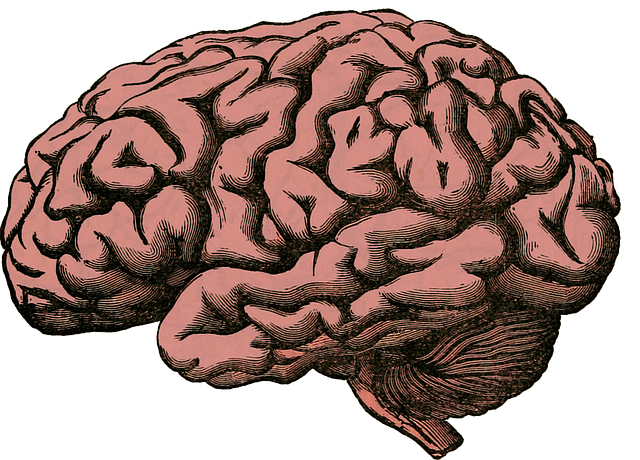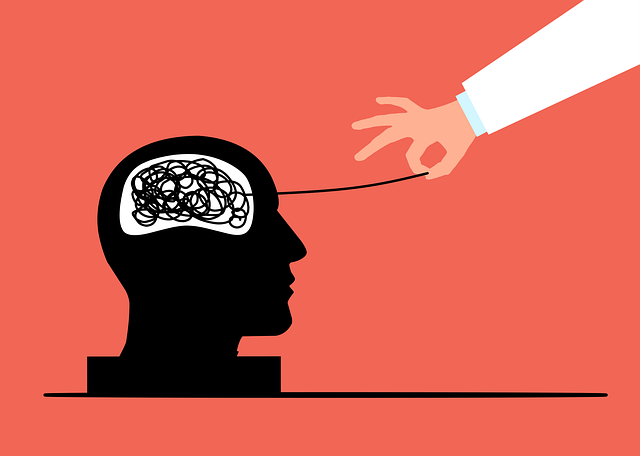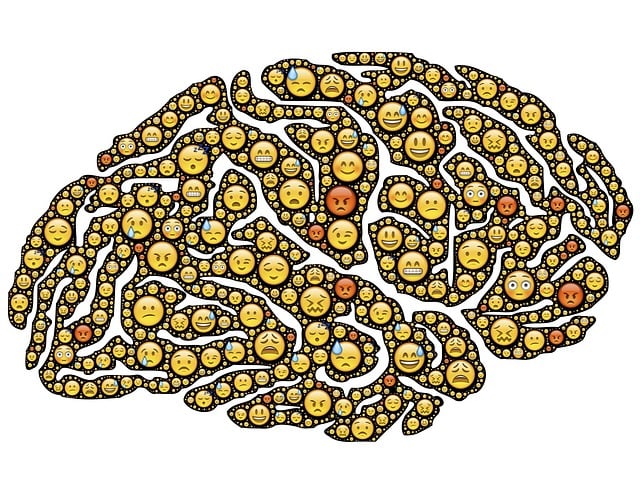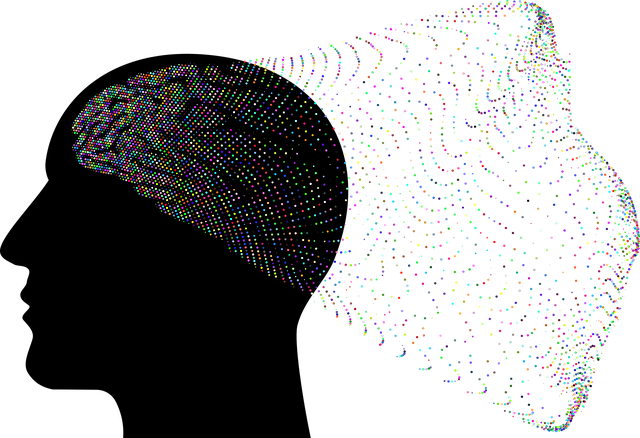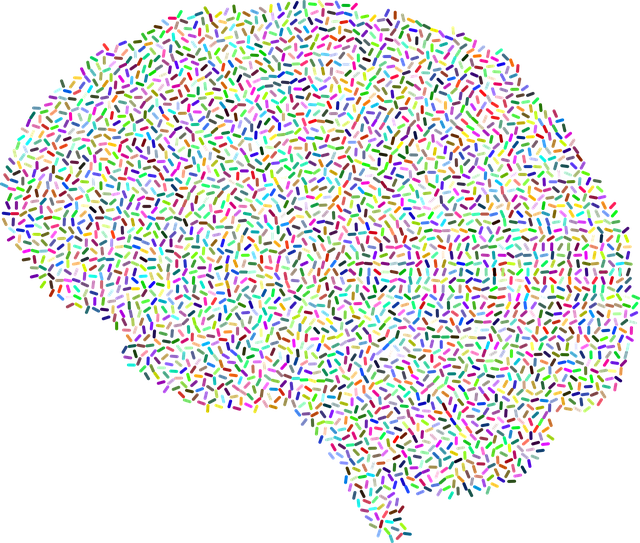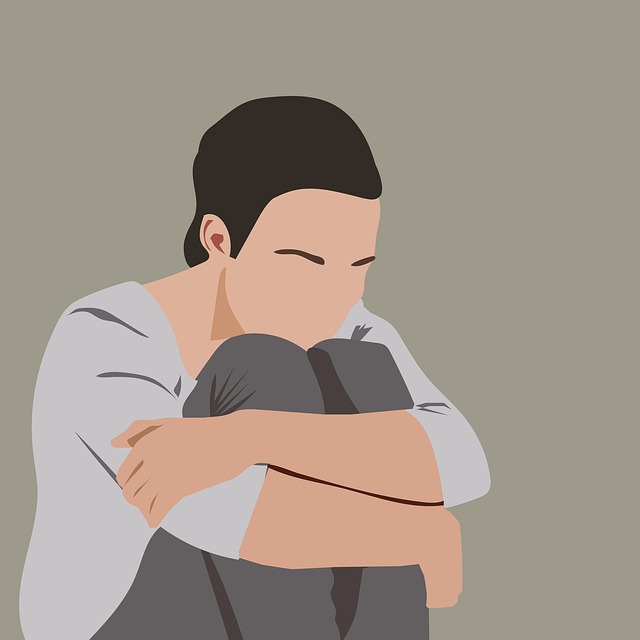Adolescent mental health, particularly postpartum depression (PPD) in teen mothers, is a critical but often overlooked area. Recovery-Focused Management (RFM) offers a powerful tool to address and prevent PPD by focusing on recovery, resilience, and understanding individual strengths. Tailored resilience-building exercises and emotional intelligence development are key benefits of RFM, empowering teens to manage emotions and build lasting coping skills. Early detection and tailored therapy strategies, including self-care routines and interactive activities, significantly improve recovery outcomes for adolescent teens struggling with PPD. RFM interventions can support teenage mental health by fostering control, confidence, and healthy relationships, contributing to long-term well-being.
“Unraveling the power of Resilient Factor Model (RFM) in adolescent mental health, this article delves into a comprehensive strategy to combat postpartum depression among teens. We explore how RFM, by identifying risk factors and strengthening resilience, can be a transformative tool in therapy.
The focus shifts to practical implementation of resilience-building exercises tailored for adolescents, offering therapeutic benefits. Furthermore, we provide valuable strategies to support and guide teenagers through this intervention process, ensuring positive outcomes for their mental well-being.”
- Understanding RFM and Its Impact on Teen Mental Health
- Identifying Postpartum Depression in Adolescent Teens
- Implementing Resilience-Building Exercises for Effective Therapy
- Strategies to Support Teenagers Through RFM Intervention
Understanding RFM and Its Impact on Teen Mental Health

Adolescent mental health is a critical aspect often overlooked within the broader scope of healthcare. Here, RFM (Recovery-Focused Management) emerges as a powerful tool to address and prevent issues like postpartum depression in teen mothers, which can have long-lasting effects on their emotional well-being. By focusing on recovery and resilience, this approach shifts the narrative from one of illness to that of healing and personal growth.
RFM emphasizes the importance of understanding an individual’s resources, strengths, and abilities (the “R” in RFM), while also acknowledging and addressing challenges. This strategy is particularly beneficial for adolescent teens navigating mental health struggles. By incorporating resilience-building exercises tailored to their needs, healthcare providers can equip young individuals with essential coping mechanisms. Moreover, it encourages emotional intelligence development, which plays a pivotal role in preventing burnout among healthcare providers themselves, ensuring they remain effective supports for these vulnerable populations.
Identifying Postpartum Depression in Adolescent Teens

Postpartum depression (PPD) is a significant mental health concern among adolescent teens, often overlooked due to the unique challenges of identifying it in this demographic. Teenagers experiencing PPD may exhibit symptoms differently compared to adults, making early detection crucial. For instance, they might struggle with self-awareness exercises and express their feelings through behaviors rather than verbalizing them. This can include sudden changes in mood, increased irritability, or withdrawal from social activities, which could be misconstrued as typical teen angst.
The implementation of therapy for adolescent teens with PPD should focus on fostering self-care routine development for better mental health. Encouraging these young individuals to engage in self-awareness exercises and promoting a positive self-esteem improvement can significantly contribute to their recovery. By teaching them to recognize and manage their emotions, therapists can empower teens to develop resilience, ensuring they receive the necessary support to navigate this challenging period.
Implementing Resilience-Building Exercises for Effective Therapy

Implementing Resilience-Building Exercises for Effective Therapy
For adolescent teens struggling with postpartum depression, integrating resilience-building exercises into therapy sessions can significantly enhance recovery outcomes. These exercises are designed to help individuals cultivate coping skills and develop a more positive outlook, thereby mitigating symptoms of burnout and fostering overall well-being. Therapists can incorporate compassion cultivation practices, such as mindfulness meditation, to encourage self-compassion and reduce harsh self-judgment, which is common in postpartum depression.
By incorporating these exercises, therapy becomes more interactive and engaging for adolescent teens. Activities like journaling prompts that explore personal strengths and past achievements, along with guided visualization techniques, can empower teens to recognize their resilience. Additionally, group therapy sessions featuring shared experiences and collective problem-solving can further enhance the development of coping skills, offering a supportive environment where teens feel understood and valued. This holistic approach not only addresses symptoms but also equips teens with lasting tools for navigating life’s challenges beyond therapy.
Strategies to Support Teenagers Through RFM Intervention

Implementing RFM (Resilience, Flexibility, and Mastery) interventions can be a powerful tool for supporting teenage mental health, especially in addressing issues like postpartum depression. Therapy for adolescent teens often involves tailored strategies to help them navigate emotional challenges. One effective approach is incorporating resilience-building exercises that encourage teenagers to develop coping mechanisms and enhance their ability to bounce back from setbacks. These exercises can foster a sense of control and empowerment, which is crucial for adolescents struggling with postpartum depression.
In addition to resilience building, social skills training plays a significant role in therapy. By teaching teens effective communication techniques and helping them navigate social interactions with confidence, therapists can improve their overall well-being. Such interventions not only support emotional recovery but also contribute to the development of healthy relationships, which is essential for adolescents’ long-term mental health and happiness.
Resilience building exercises, when integrated with RFM (Risk, Resistance, and Adaptation in Mental Health), offer a promising approach to therapy for adolescent teens, especially those facing postpartum depression. By understanding the impact of RFM on teen mental health, healthcare professionals can effectively identify and support young individuals during critical periods. Implementing these resilience-focused strategies not only enhances traditional therapy but also equips teenagers with essential coping mechanisms for life’s challenges, fostering overall well-being.
